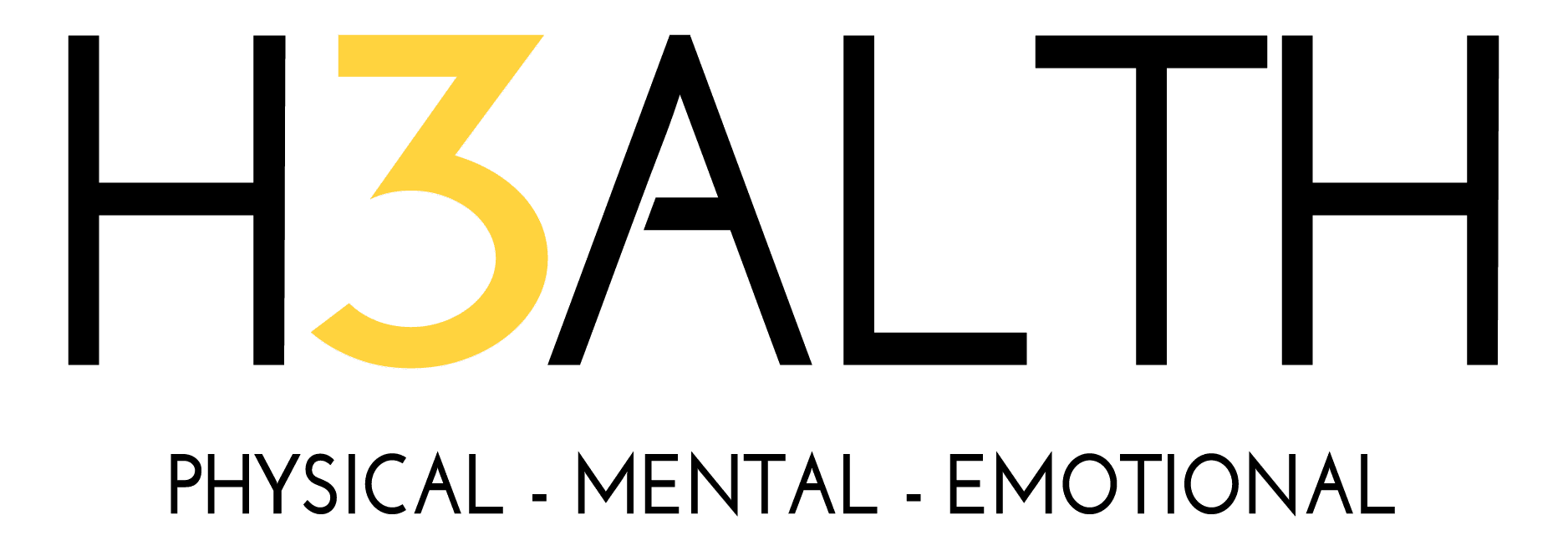
Knowledge is power, and when it comes to taking care of our health, having access to accurate information is essential. However, many individuals struggle with a lack of knowledge about nutrition, exercise, and overall health. This deficit can hinder their ability to make informed choices and properly care for their well-being. In this blog, we’ll explore the impact of a lack of knowledge and provide actionable steps to empower individuals to make healthier choices.
- Seek Reliable Sources: In the age of information overload, it’s crucial to seek out reliable sources for health-related information. Look for reputable websites, books written by experts, or consult qualified professionals, such as registered dietitians or certified fitness trainers. These sources can provide evidence-based information and guidance tailored to your specific needs.
- Educate Yourself: Take the initiative to educate yourself about the basics of nutrition, exercise, and overall health. Attend workshops, seminars, or webinars focused on these topics. Explore online courses or certifications to deepen your understanding. By gaining knowledge, you empower yourself to make informed decisions and separate fact from fiction.
- Hire Professionals: Don’t hesitate to seek guidance from professionals in the field. A registered dietitian can provide personalized nutrition advice and help you develop a meal plan that suits your needs and goals. Similarly, a personal trainer can design a workout program that aligns with your fitness level and objectives. Utilize their expertise to navigate through the sea of information and customize a plan that works for you. Investing in yourself is one of the best things you can do.
- Community Support: Joining health-focused communities or online forums can be a valuable resource. Engaging with like-minded individuals can provide a platform to share experiences, exchange information, and learn from one another. Surrounding yourself with a supportive community can help bridge the knowledge gap and offer encouragement along the way.
- Start Small: Overwhelm often accompanies a lack of knowledge, making it difficult to take the first step. Start by incorporating small changes into your routine. Focus on one aspect at a time, such as increasing your water intake, incorporating more fruits and vegetables into your meals, or committing to regular physical activity. Gradually build on these changes as you expand your knowledge base.
- Embrace Continuous Learning: Recognize that knowledge about health and well-being is ever-evolving. Stay curious and open-minded to new research and emerging trends. Subscribe to reputable health publications, follow credible health experts on social media, and attend conferences or webinars to stay up to date. This ongoing learning journey will help you refine your understanding and make well-informed choices.
A lack of knowledge can be a significant barrier to prioritizing one’s health. However, by seeking reliable sources, educating yourself, consulting professionals, engaging in supportive communities, starting small, and embracing continuous learning, you can break through this barrier and make informed choices for your well-being. Remember, knowledge is a powerful tool that empowers you to take control of your health journey.


